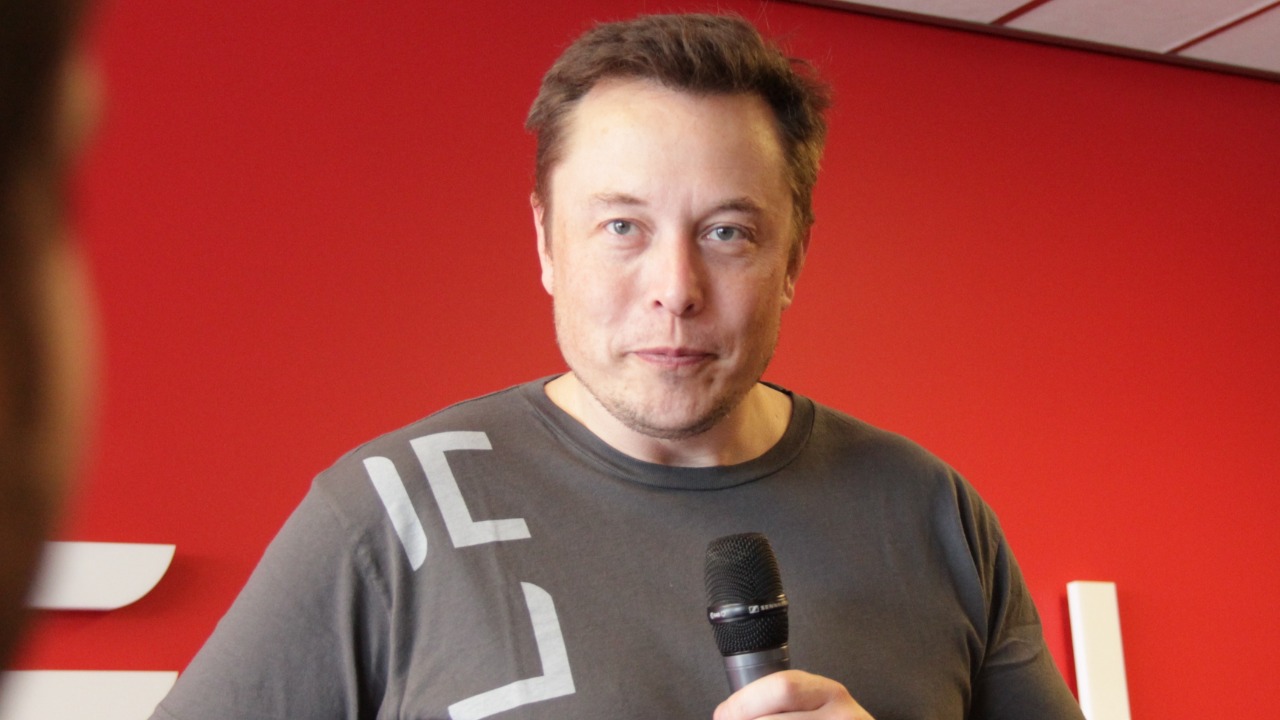
Elon Musk, the visionary behind SpaceX, has confirmed plans to develop orbital data centers, marking a significant leap in space-based computing. This ambitious initiative builds on the prediction of Amazon founder Jeff Bezos about the future of data centers in space. Musk’s vision goes a step further, envisioning future Starlink satellites as orbiting data centers. The upcoming Starlink V3 satellites are expected to play a crucial role in realizing SpaceX’s orbital computing initiatives.
Musk’s Direct Confirmation of SpaceX Plans
In a recent discussion, Elon Musk explicitly confirmed SpaceX’s intentions to establish data centers in orbit. His statement, “SpaceX will be doing this,” underscores the company’s commitment to pioneering space-based computing. This confirmation aligns with SpaceX’s broader goals of leveraging orbital infrastructure to transform data processing beyond the confines of Earth.
SpaceX’s plans for orbital data centers represent a significant step forward in the evolution of computing infrastructure. By positioning SpaceX at the forefront of this technological frontier, Musk’s statement directly addresses the feasibility of data centers in orbit, reinforcing the company’s role as a leader in the field.source
Integration with Starlink Satellite Network
SpaceX’s Starlink satellite network will play a pivotal role in realizing Musk’s vision for orbital data centers. Future Starlink satellites are planned to evolve into orbiting data centers, enabling direct computing capabilities in space. This transformation will leverage the connectivity and power provided by the Starlink constellation to support orbital operations.
Musk’s recent comments underscore the integral role of Starlink in making space-based data processing a reality for SpaceX. The integration of data centers with the Starlink network represents a significant advancement in the utilization of space-based infrastructure for computing.source
Role of Starlink V3 Satellites in Orbital Computing
The upcoming Starlink V3 satellites are specifically designed to enable SpaceX’s orbital computing plans. Musk has noted that these next-generation satellites will incorporate advanced capabilities for on-board data handling. This will include hardware to support data center functions in orbit, marking a significant enhancement over existing Starlink technology.
The V3 model’s enhancements will allow for scalable computing power directly from space, building on the existing Starlink tech. These developments, discussed in updates around November 1, 2025, represent a significant step forward in SpaceX’s plans for orbital computing.source
Response to Jeff Bezos’ Space Data Center Predictions
Elon Musk’s recent remarks add to the predictions made by Amazon founder Jeff Bezos about the future of data centers in space. While Bezos’ vision focused on offloading Earth’s data demands to orbit, Musk has committed SpaceX to the practical implementation of this concept. This represents a significant alignment of visions between two of the world’s leading tech entrepreneurs.
Musk’s statement bridges the gap between Bezos’ theoretical predictions and SpaceX’s practical plans for implementation. By committing SpaceX to the development of orbital data centers, Musk is advancing the foundational idea proposed by Bezos through concrete SpaceX initiatives.source
Technical and Strategic Implications for SpaceX
The development of orbital data centers will have significant technical and strategic implications for SpaceX. By leveraging the Starlink infrastructure, SpaceX aims to reduce latency and energy costs compared to ground-based systems. This aligns with SpaceX’s broader mission to make humanity multi-planetary through innovative space tech.
Furthermore, these plans position SpaceX to compete in the growing space economy. The company could potentially partner with tech firms for cloud computing in orbit, opening up new avenues for collaboration and innovation.source
Broader Industry Context and Future Outlook
Musk’s confirmation signals a shift in the industry, where satellite networks like Starlink V3 could host AI and data-intensive workloads in space. This development echoes Bezos’ predictions but differentiates through SpaceX’s reusable rocket tech for deploying and maintaining orbital data centers.
Industry watchers anticipate accelerated innovation in space computing, with SpaceX leading the charge. As per Musk’s forward-looking statements, the future of computing could very well be in orbit, marking a significant shift in the way we perceive and utilize space.source
More from MorningOverview